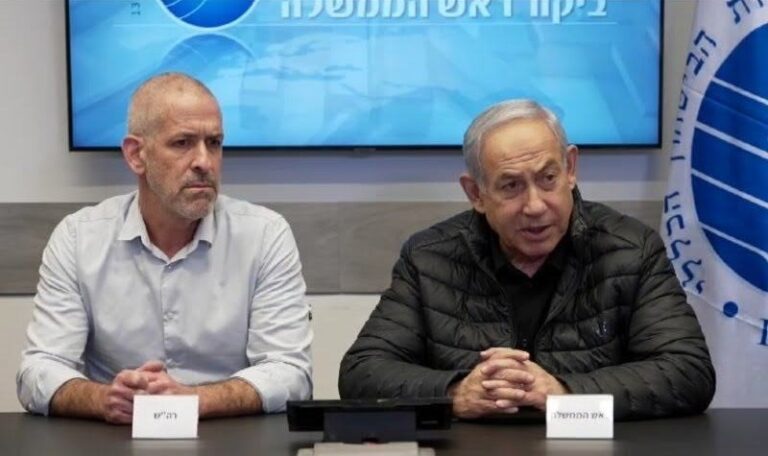After Hurricane Katrina devastated the Gulf Coast, Rabbi Jay Miller admired the faith-based disaster response, as government aid fell short. When the big earthquake strikes here and emergency services are compromised, he wondered, would congregations be ready to provide shelter, supplies and volunteers? As head of the Peninsula Clergy Network, a four-year-old affiliation of leaders from more than 300 Christian, Jewish and Muslim groups, Miller has decided to develop a disaster plan harnessing San Mateo Countys congregation buildings and members. Now they say people have to be on their own for a week, but theres no one that honestly feels that most individuals are going to be prepared to take care of themselves for that long, Miller said. Congregations can provide a bridge between an individual person and a disaster team showing up. Miller envisions dividing the Peninsula into clusters of neighborhoods around congregation buildings identified as shelter and supply centers, each with coordinators appointed to liaison with emergency responders. Other congregations would provide support, by getting volunteers trained and reaching out to their neighborhoods and members, he added. The concept expands on the Interfaith Hospitality Network, a nonprofit agency with 29 participating San Mateo County congregations: 14 take turns housing families throughout the year, the others provide funding, supplies and volunteers. Miller also hopes to build upon the capabilities of soup kitchens like the Padua Dining Room at St. Anthony of Padua Catholic Church in unincorporated Menlo Park, which serves hundreds of free meals a day. In the wake of a long-term disaster like Katrina or a major earthquake, the Peninsula must be prepared to care for people fleeing San Francisco, not only its own residents. The countys plan to use schools as shelters would displace students and disrupt their studies, whereas congregation buildings are seldom used on weekdays, Miller said……..










